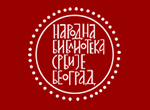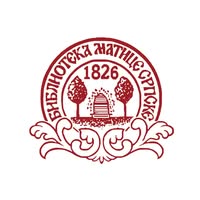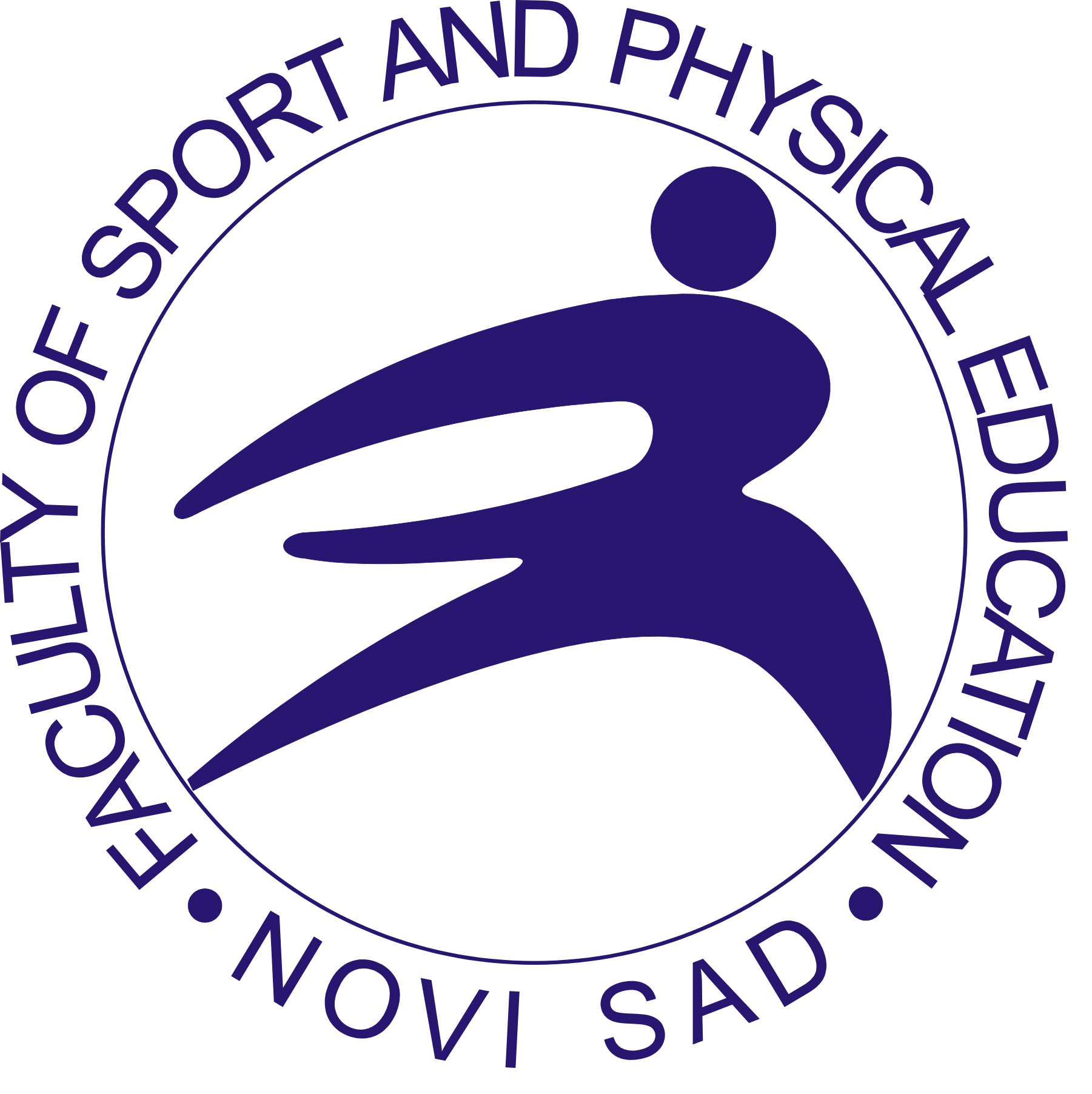
More articles from Volume 15, Issue 2, 2023
Lower and upper quarter y-balance test in recreationally active healthy adults: test-retest reliability, gender differences and inter-limb asymmetries
Increased legs-to-total fat percentage ratio in females with a normal body mass index: A change in lifestyle or the adaptation process of the body
Differences in motor abilities between blind students and students without visual impairment
The influence of anthropometric characteristics on swimming speed in adolescent swimmers
Differences in some morphological characteristics and repetitive strength in relation to age in handball players
Citations

0
Sprint race distance affects reaction time in male and female sprinters at the 2022 World Indoor Athletics Championships
 ,
,
University of Belgrade, Faculty of Sports and Physical Education, Belgrade, Serbia
 ,
,
University of Belgrade, Faculty of Sports and Physical Education, Belgrade, Serbia

University of Belgrade, Faculty of Sports and Physical Education, Belgrade, Serbia
Abstract
In sprint disciplines, the start reaction (SR) time affects the final result in the sprint. This research aimed to analyze and examine whether there are significant differences in the SR in the semi-final and final groups in the 60 m and 400 m disciplines at the World Indoor Championships in Athletics, held in Belgrade in 2022 in men's and women's competition. The aim was also to determine if there were statistical differences between men and women in the 400 m event. T-test for independent samples showed statistical differences between the SR in the 60 m and 400 m athletics events in men (t=-4.434, p=0.000) and women (t=-3.210, p=0.004). For the 400 m running events, an independent samples t-test was used to examine differences between men and women in SR. No significant differences were obtained between men and women in the 400 m event (t=0.401, p=0.691). SR is part of all running disciplines and affects the time achieved in the race (result). Although it has been known for a long time that training can influence SR, a few studies still examine training's effects on SR. The question can be about how much it is possible to reduce SR with specific training exercises or to apply certain neurophysiological methods.
Keywords
References
Citation
Copyright

This work is licensed under a Creative Commons Attribution-NonCommercial-ShareAlike 4.0 International License.
Article metrics
The statements, opinions and data contained in the journal are solely those of the individual authors and contributors and not of the publisher and the editor(s). We stay neutral with regard to jurisdictional claims in published maps and institutional affiliations.
























